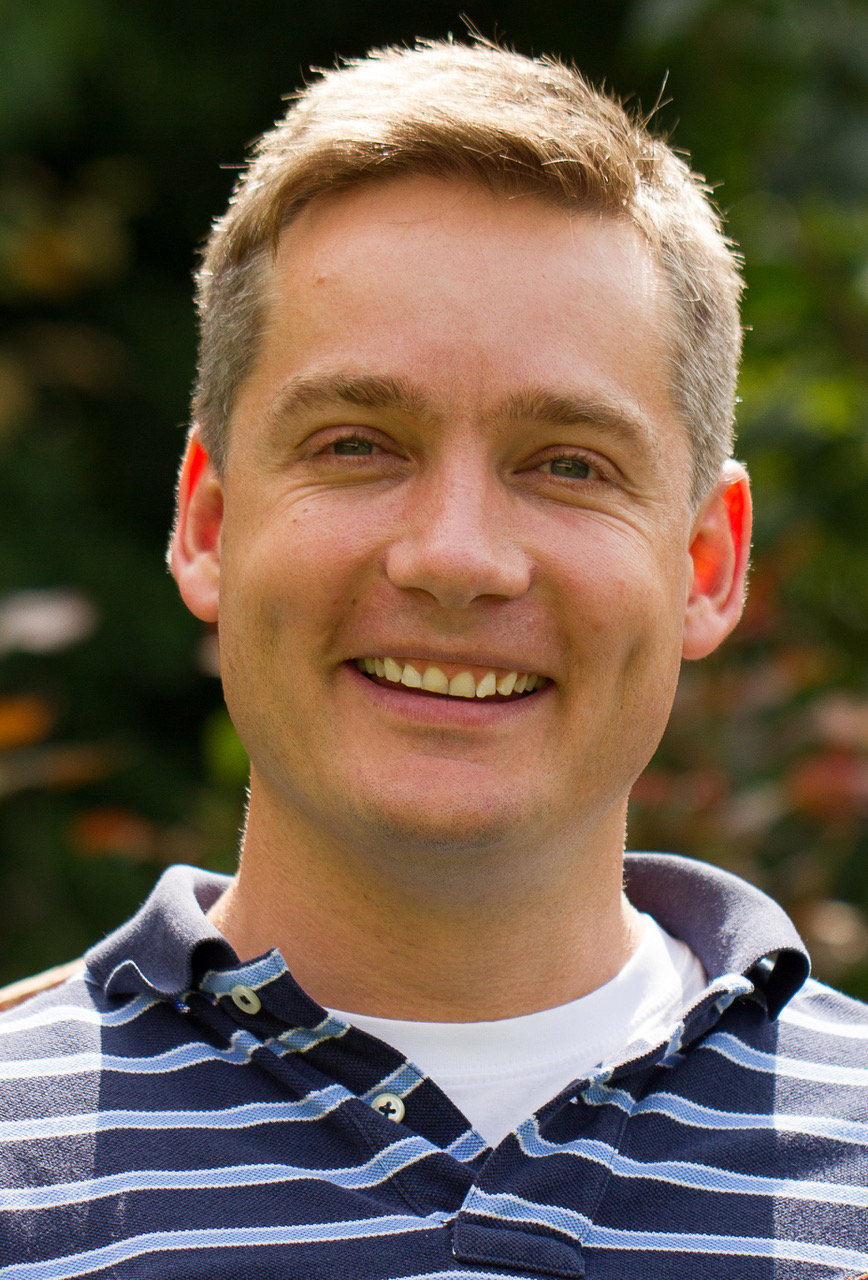Research Interests
Molecular machines are proteins or protein complexes that convert stored or supplied chemical energy into conformational changes to carry out molecular or cellular work. How do the molecular structures and dynamics of protein machines together enable their function? Research efforts in the Deindl laboratory are aimed at addressing this question using a combination of single-molecule fluorescence imaging approaches, structural techniques (primarily X-ray crystallography), biochemistry and computer simulations.
Knowledge of the static architecture of molecular machines alone may not satisfactorily explain how they work. Molecular machines are dynamic in nature and their conformational variability, i.e. the time-dependent fluctuations in their structures, are inherent to their mechanisms and functions.
Single-molecule fluorescence imaging
In order to investigate this dynamic nature, we explore single-molecule fluorescence imaging approaches to directly visualize molecular machines in real time. Their complex dynamics can be difficult to capture in classical bulk experiments since ensemble averaging can obscure the presence of multiple kinetic pathways or transient states. Investigations at the single-molecule level, however, can allow us to directly observe these processes and to correlate structural dynamics with function.
We hope to combine real-time dynamic information from these single-molecule experiments with biochemical and structural data in order to create movies of molecular machines that provide a quantitative and mechanistic understanding of how they work.

Group members
Sebastian Deindl, Professor
Martha Schattenhofer, Project Coordinator
Klaus Brackmann, Research Engineer
Guanzhong Mao, Postdoctoral Research Fellow
Anton Sabantsev, Postdoctoral Research Fellow
Sofia Pytharopoulou, Postdoctoral Research Fellow
Laura Lehmann, Postdoctoral Research Fellow
Luka Bačić, PhD-student
